
A young, Scottish RAF gunner is debriefed by French officials about his escape from Nazi-occupied territory. They are particularly interested in one person who may or may not have been a German agent.
You May Also Like

A father and son go to town to try to fix a broken TV set.

Follows the fantasies of Darby, a shopgirl at “Bobbins & Notions,” a fabric store in a nameless town that is both ordinary and bizarre. The customers she encounters in the shop spark colorful daydreams as Darby looks for independence and maybe finds love with delivery man, Nick.

The world’s most beautiful woman was also the secret inventor of secure wifi, bluetooth and GPS communications, but her arresting looks stood in the way of her being given the credit she deserved… until now.

A resident of a suburban dystopia tries to reassemble his fragmented memories of life as a teen.

It’s the late 1950s, and in an affluent and quietly respectable part of Buenos Aires, young Sulamit Löwenstein strikes up a friendship with her next-door neighbour Friedrich over the whereabouts of her family dog. She is the daughter of German-Jewish immigrants to Argentina, he is the son of a senior SS officer, a tragic political legacy from whose shadow both characters struggle to escape over the next three decades. Following the teenaged Friedrich to Germany, Sulamit finds him caught up in the radical politics of late-1960s student life; and she’s forced to make important decisions about her attitude to her homeland when Friedrich returns to Argentina to join the fight against the military junta.
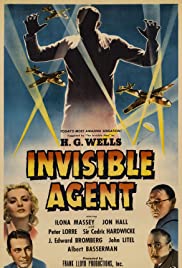
The Invisible Man’s grandson uses his secret formula to spy on Nazi Germany in this comedy-thriller.

Filmmaker Cheryl Dunye’s relationship with her brother is examined in this mixture of appropriated film footage, super 8mm home movies and Dunye’s special brand of humor.
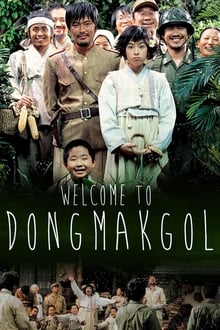
Based on the long running play by Jang Jin, the story is set in Korea during the Korean War in 1950. Soldiers from both the North and South, as well as an American pilot, find themselves in a secluded and naively idealistic village, its residents unaware of the outside world, including the war.
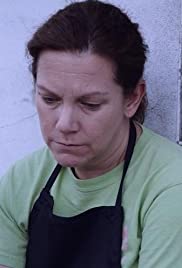
A middle aged woman with nothing left to give meanders through a day just like any other, or so she thought.

Professor Barbenfouillis and five of his colleagues from the Academy of Astronomy travel to the Moon aboard a rocket propelled by a giant cannon. Once on the lunar surface, the bold explorers face the many perils hidden in the caves of the mysterious planet.
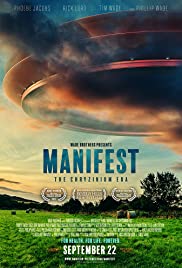
Manifest: The Chryzinium Era is a 2017 American science fiction short film drama, written, directed and produced by Rick Lord, Phillip Wade and Tim Wade, in which Madison and her father are outcasts in a society ruled by an alien civilization. Survival is becoming more difficult, forcing Madison to make a decision that will change her life forever. The film stars Phoebe Jacobs, Rick Lord and Tim Wade.
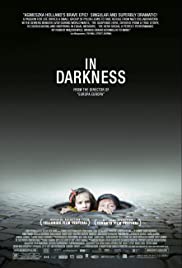
A dramatization of one man’s rescue of Jewish refugees in the Nazi-occupied Polish city of Lvov. In Darkness tells the true story of Leopold Soha who risks his own life to save a dozen people from certain death. Initially only interested in his own good, the thief and burglar hides Jewish refugees for 14 months in the sewers of the Nazi-occupied town of Lvov (formerly Poland).